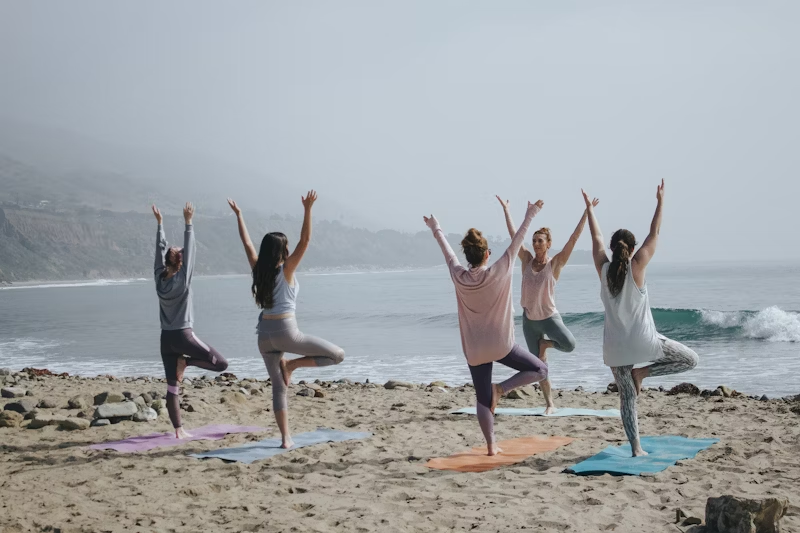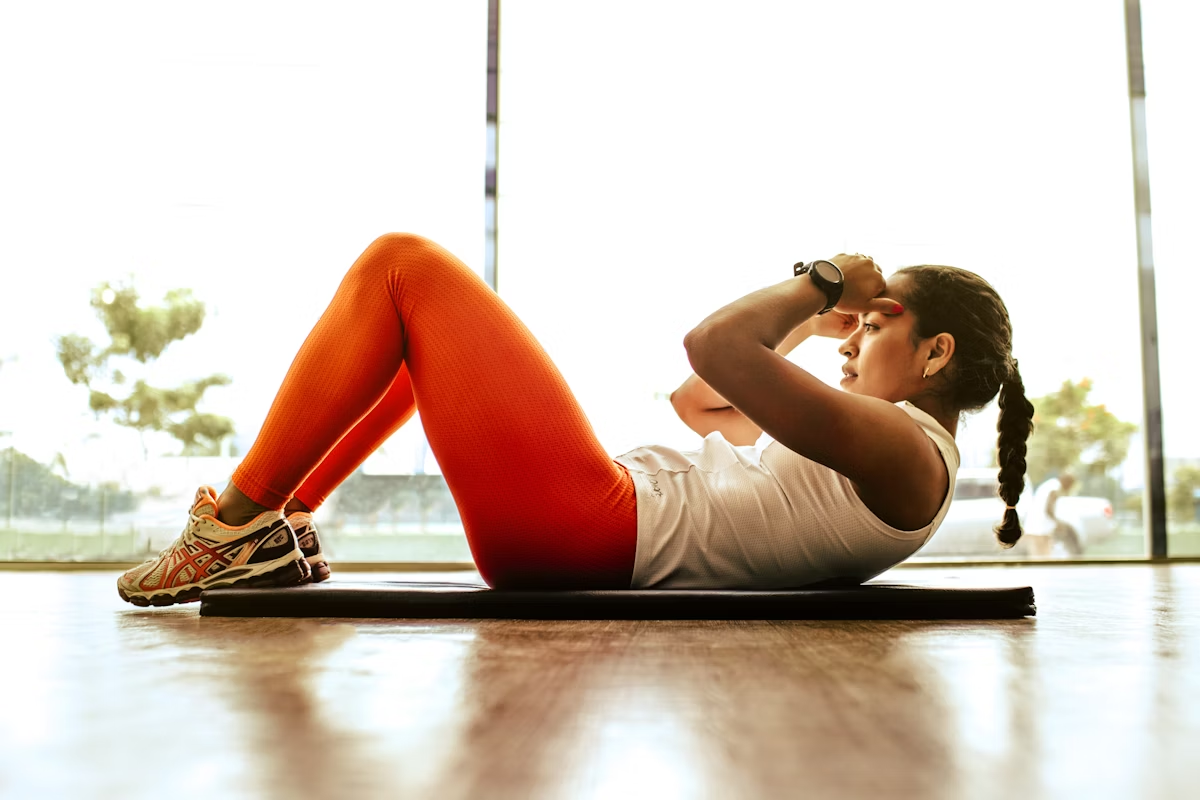Overview:
Anxiety disorders are among the most prevalent mental health conditions, affecting 283 million people globally (WHO, 2025). Evidence-based practices and lifestyle changes can significantly reduce symptoms, even though medication is helpful.
This post will discuss five scientifically proven strategies for anxiety management in 2025 that are backed by current research, professional judgment, and doable actions.
- Engage in Mindfulness Meditation:
Why It Works :
According to a 2023 study published in JAMA Psychiatry, mindfulness meditation decreased anxiety by 30% after eight weeks by lowering levels of the stress hormone cortisol.
How to Complete It:
- Take a comfortable seat, close your eyes, and pay attention to your breathing.
- Accept ideas as they come to you without passing judgment.
- Increase the daily time gradually to 20 minutes from 5 minutes at first.
📌 Pro Tip: For guided sessions, use apps like Calm or Headspace.

- Engage in regular exercise, particularly aerobics and yoga:
The Reason It Works:
Natural mood enhancers called endorphins are released during exercise. According to a Harvard study from 2024, yoga lowers anxiety by 35% when compared to people who don’t exercise.
The Greatest Yoga Exercises for Anxiety
- Check Out “Yoga With Adriene” on YouTube
- Jogging or running (30 minutes, three times per week)
- Dancing (increases serotonin)
📌 Pro Tip: For added advantages, mix exercise with nature (“forest bathing”).
- Reduce Sugar and Caffeine:
The Reason It Works:
According to the Journal of Clinical Nutrition (2024), caffeine increases cortisol, which exacerbates anxiety.
Mood swings are caused by sugar crashes:
- Better Substitutes
- Dark chocolate (70%+ cocoa) (rich in magnesium) ✔ Matcha tea (L-theanine soothes nerves)
- Examine Cognitive Behavioral Therapy (CBT) Methods:
Why They Are Effective:
CBT assists in reframing pessimistic ideas. According to a Mayo Clinic study, 60% of participants experienced less anxiety after 12 weeks of CBT.
Homemade Cognitive Behavioral Therapy:
- Determine the anxious thought (e.g., “I’ll fail my exam”).
- Challenge it (“I can retake it in the worst case; I’ve prepared well”).
- Change it (“I’ll do my best, and that’s enough”).
📌 Resource: Make use of Woebot and other free CBT apps.
- Make sleep (7-9 hours per night) a priority:
The Reason It Works:
According to Nature Neuroscience (2023), inadequate sleep raises activity in the brain’s fear center, the amygdala.
Advice on Sleep Hygiene:
- One hour before bed, stay away from screens.
- Maintain a room temperature of 65°F (18°C).
- Try breathing in fours, holding sevens, and exhaling eights.
FAQs Regarding Anxiety Reduction
A: Some people manage it over time, while others overcome it. It is kept under control by regular routines (such as exercise and cognitive behavioral therapy).
A: Grounding techniques or box breathing (4-4-4-4) (name 5 things you see, 4 things you feel, etc.).
A: Indeed! Probiotics (yogurt), magnesium (spinach), and omega-3s (salmon) all aid in mood regulation.
In conclusion:
With evidence-based techniques, anxiety can be controlled. Begin with one or two techniques (for example, meditation and exercise) and record your progress in a journal.

